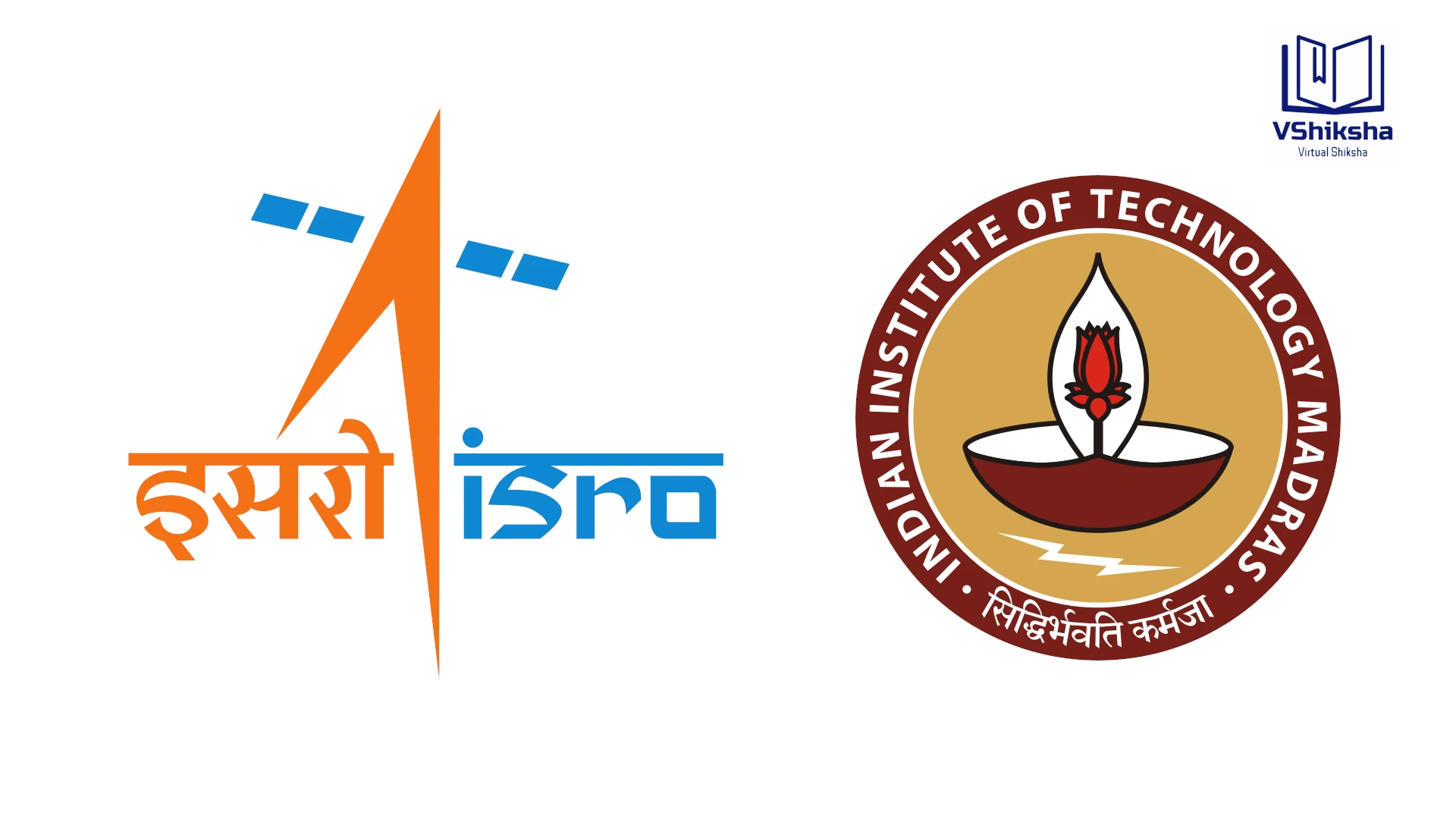IIT Madras and ISRO Achieve Breakthrough with Indigenous Aerospace-Grade Semiconductor Chip

Chennai, February 12, 2025 - In a significant stride towards self-reliance in space technology, the Indian Institute of Technology Madras (IIT Madras) and the Indian Space Research Organisation (ISRO) have jointly developed and successfully booted an aerospace-grade semiconductor chip. Named the "Indigenous RISCV Controller for Space Applications" (IRIS), this chip marks a pivotal moment under India's 'Make in India' initiative for semiconductor technology.
Details of the Development:
- Collaboration: The IRIS chip was conceived by ISRO's Inertial Systems Unit (IISU) in Thiruvananthapuram, with IIT Madras defining its specifications and overseeing design.
- Manufacturing: The chip was fabricated at the Semiconductor Laboratory (SCL) in Chandigarh, showcasing India's capability in the full spectrum of semiconductor production.
- Packaging:Tata Advanced Systems in Karnataka took charge of packaging, further demonstrating the involvement of private players in this national endeavor.
- Testing: The chip was successfully booted at IIT Madras, confirming its functionality and reliability for use in space missions.
Features and Implications:
- Architecture: Built on the SHAKTI processor, which is based on the open-source RISC-V architecture, the IRIS chip offers fault tolerance and reliability crucial for space applications.
- Applications: It's designed for command and control systems, capable of interfacing with various sensors used in ISRO missions, with potential uses in launch vehicles, ground stations, and IoT for strategic needs.
- Innovation: The chip includes custom modules like WATCHDOG timers and advanced serial buses, enhancing its utility in harsh aerospace environments.
Statements from Key Figures:
- Prof. V Kamakoti, Director of IIT Madras, emphasized the significance of this development, stating, "This marks the third SHAKTI chip we've fabricated in India, highlighting our growing expertise in semiconductor technology."
- Dr. V Narayanan, Chairman of ISRO, praised the collaboration, noting, "This chip is a milestone in our journey towards 'Atmanirbhar Bharat' in space technology, showcasing what we can achieve with indigenous resources."
Impact on India's Space Program:
This achievement not only reduces dependency on foreign semiconductor technology but also positions India as a capable player in the global space industry. It's a testament to the country's burgeoning semiconductor ecosystem, fostering innovation and self-sufficiency in critical technology areas.
Looking Forward:
The IRIS chip is set to be integrated into future ISRO missions, potentially revolutionizing how India approaches space technology. This development signals more collaborations between educational institutions and space research bodies, promising further advancements in the sector.
Public Reaction and Industry Response:
@iitmadras & @isro successfully developed and booted an aerospace-grade, SHAKTI-based semiconductor chip (@ShaktiProcessor) —a breakthrough in India’s self-reliance in space tech!
This Made-in-India processor was:
🔹 Designed & tested by IIT Madras
🔹 Developed with ISRO… pic.twitter.com/Sit9pQP566— IIT Madras (@iitmadras) February 11, 2025
Posts on X and various media outlets have celebrated this milestone, with many seeing it as a proud moment for Indian science and technology. The industry has shown keen interest in how this could spur further technological innovations and collaborations.
For more insights and updates on this development, keep an eye on official announcements from IIT Madras and ISRO, as well as related coverage on educational and technology news platforms.
